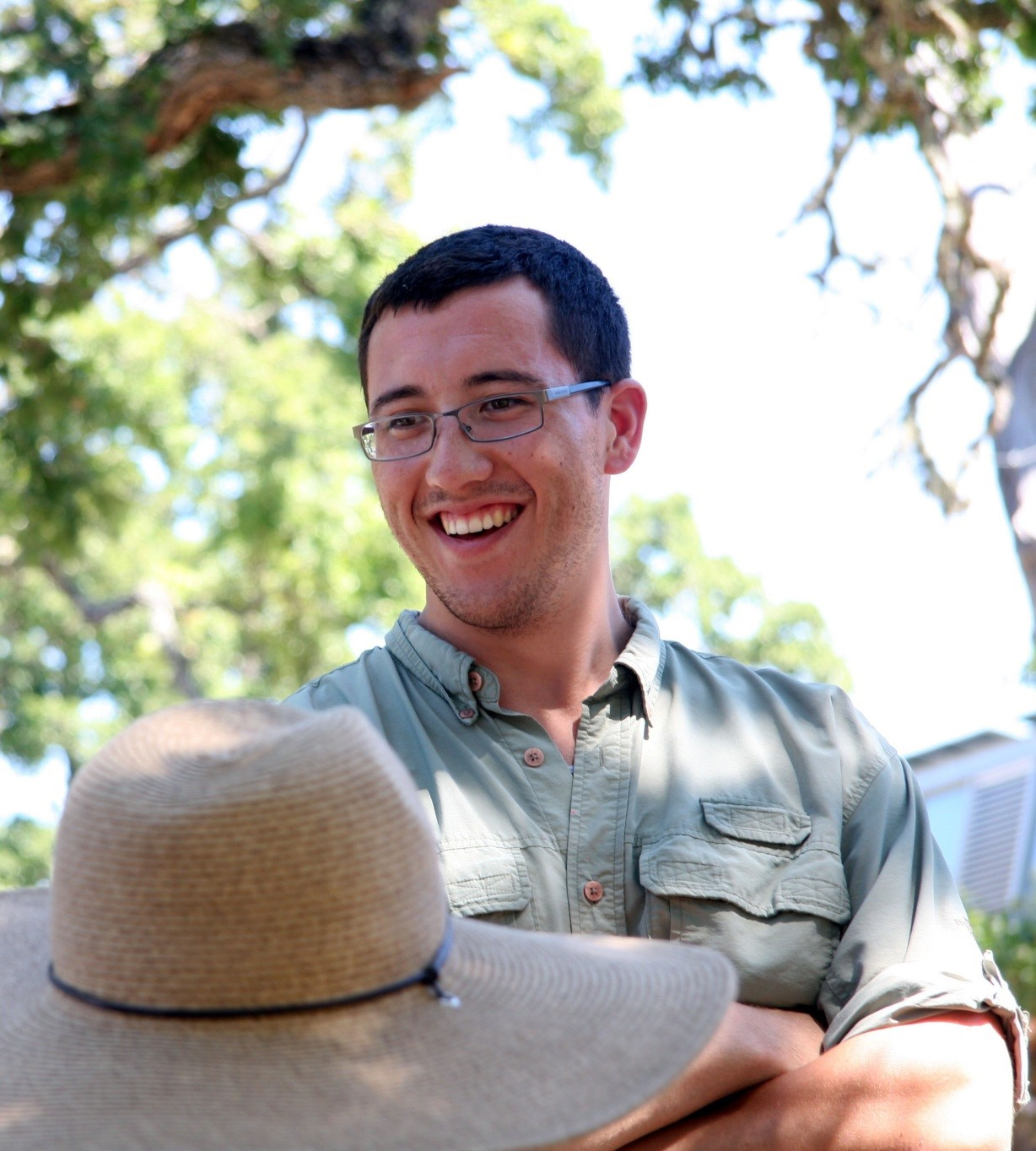Event: Blossoms in the Desert: Japanese American Incarceration on Indigenous Lands
Event Details
 During WWII, over 125,000 people of Japanese ancestry were confined in camps across the United States. Three of these camps were built on Indigenous reservations—Gila River and Poston on the lands of the Gila River Indian Community and Colorado River Indian Community respectively, and the Old Leupp Citizen Isolation Center, a former boarding school on Navajo Nation land. In this talk I focus on the Gila River Incarceration Camp, where my family was incarcerated and where I have conducted archaeological research over the past 10 years. Gardens built by Japanese Americans at Gila River show the resilience and ingenuity of incarcerees as well as revealing imbricated layers of relationships with the landscape.
During WWII, over 125,000 people of Japanese ancestry were confined in camps across the United States. Three of these camps were built on Indigenous reservations—Gila River and Poston on the lands of the Gila River Indian Community and Colorado River Indian Community respectively, and the Old Leupp Citizen Isolation Center, a former boarding school on Navajo Nation land. In this talk I focus on the Gila River Incarceration Camp, where my family was incarcerated and where I have conducted archaeological research over the past 10 years. Gardens built by Japanese Americans at Gila River show the resilience and ingenuity of incarcerees as well as revealing imbricated layers of relationships with the landscape.
 Koji Lau-Ozawa is a UCLA Chancellor’s Postdoctoral Fellow in the Institute of American Cultures. His research focuses on the archaeology of Japanese diaspora and their intersections with Indigenous lands as well as heritage practices around wartime memory. He received his PhD in Anthropology from Stanford University, MA from San Francisco State University, and undergraduate degree from the University of Edinburgh.
Koji Lau-Ozawa is a UCLA Chancellor’s Postdoctoral Fellow in the Institute of American Cultures. His research focuses on the archaeology of Japanese diaspora and their intersections with Indigenous lands as well as heritage practices around wartime memory. He received his PhD in Anthropology from Stanford University, MA from San Francisco State University, and undergraduate degree from the University of Edinburgh.


